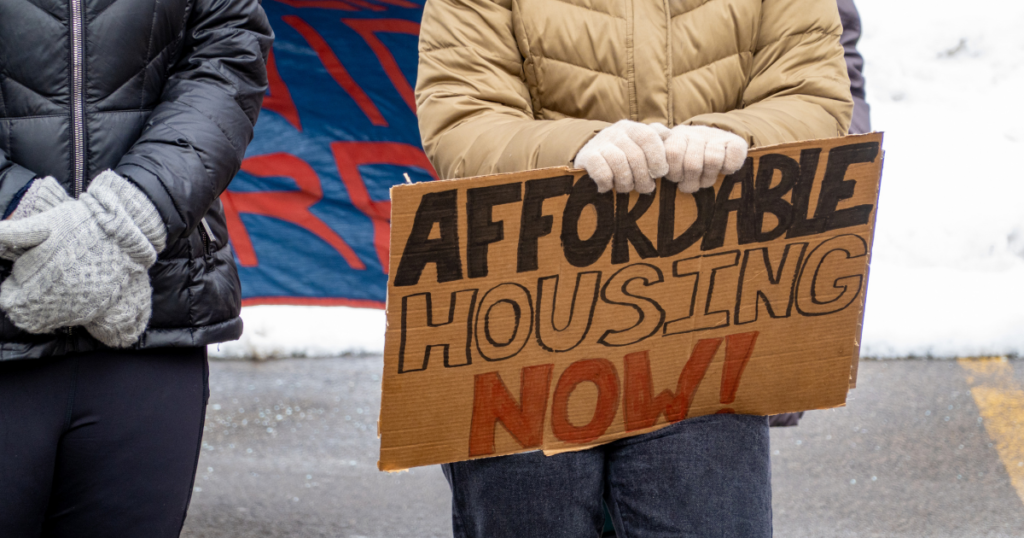Congress passed the American Rescue Plan Act (ARPA) in March of 2021, sending $130 billion dollars to county and municipal governments across the country to support recovery efforts and mitigate harmful economic effects of the COVID-19 pandemic.1 Maine communities are deciding how to allocate these funds. There are opportunities for officials, advocates, and community organizations to get involved and inform the process of how the funding is spent at the local level, ensuring communities target people most adversely impacted by the pandemic.
How much ARPA funding is flowing into Maine communities?
Many towns and cities are getting a substantial windfall following the passage of federal COVID-19 relief efforts — some in amounts almost equal to their annual budgets. In total, Maine towns will receive $119 million, while Maine’s largest cities will receive $121.5 million. Funding is being provided in two rounds, the first of which municipalities received in May 2021, and the second will follow in spring 2022.
How can ARPA funds be spent?
As MECEP detailed, Maine counties will also receive a total of $261 million. Similar to that funding, municipal ARPA funds can be spent in one of five broadly encompassing categories:
- support for public health expenditures
- addressing negative economic impacts caused by the COVID-19 public health emergency
- replacing lost public sector revenue
- providing premium pay for essential workers (additional compensation for workers who have experienced some of the greatest impacts of the pandemic)
- investing in water, sewer, and broadband infrastructure
What should counties and municipalities do with this unprecedented opportunity?
First and foremost, the funding should be used to help people who have been disproportionately impacted by the pandemic. Municipalities may be tempted to use these funds to cover expensive, long-delayed infrastructure projects or other investments which will marginally lower the overall property tax rate of residents in the long run. This has already happened in several communities, with funds being directed to upgrading local jails and municipal buildings or purchasing police cruisers and body scanners. But in the short term, this will have little impact on the well-being of people acutely suffering in their communities due to the pandemic. Relief in the form of premium pay for frontline workers, rental support, boosted general assistance, and food aid are all pressing needs in Maine communities, as are addressing the crises in affordable housing, opioid treatment, and harm reduction.
Ultimately, our recovery from the hardships of the COVID-19 pandemic will show how we move forward, together, as a state — or whether we leave the most vulnerable people and communities behind. Thoughtfully allocating COVID-19 recovery funds can make a difference.
While many municipalities have already started allocating their funding, several have yet to decide.
Ways Maine communities are using recovery funding to help create an equitable recovery
- York County dedicated $1.5 million to fund a new teen center and put $750,000 toward a new resource hub for social services and affordable housing.2
- Cumberland County awarded $4.5 million for the creation of new homeless shelters and solicited requests from nonprofits for the award of an additional $11.8 million from their first round of funds.3
- The City of Portland created the Growing Childcare Grant for home-based child care businesses to help increase the availability of child care slots.4
How can you get involved?
- Some communities are well down the path of allocating available funds, while others are still in the process of making funding decisions. Your town manager or county administrator can direct you to information on whether and how ARPA funds have been allocated where you live.
- Contact your local elected officials and county commissioners to tell them how you think the funds should be spent. County commissioner and administrator information can be found here.
- Share this information with organizations in your community and ask them to consider requesting ARPA funding for important projects.
Notes:
[1] https://home.treasury.gov/policy-issues/coronavirus/assistance-for-state-local-and-tribal-governments/state-and-local-fiscal-recovery-funds
[2] https://www.pressherald.com/2022/02/24/my-place-teen-center-looks-to-2023-biddeford-opening/




